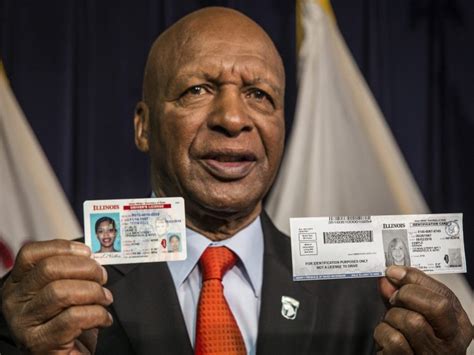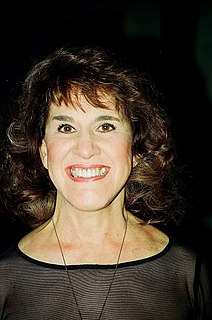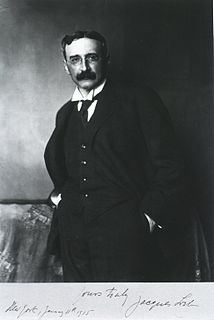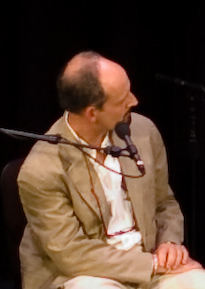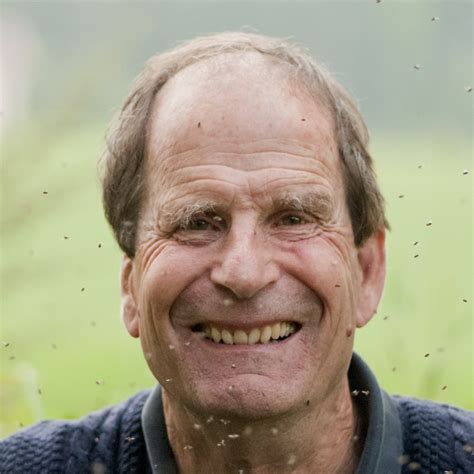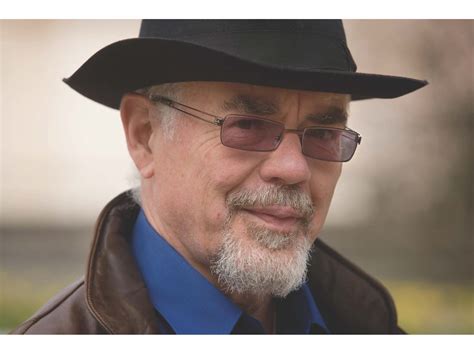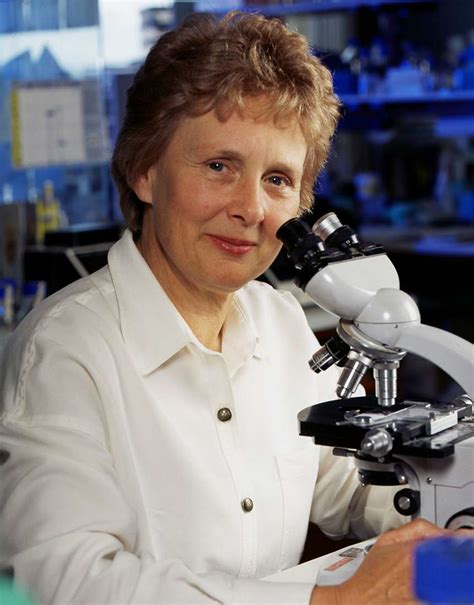A Quote by Rachel Carson
I sincerely believe that for the child, and for the parent seeking to guide him, it is not half so important to 'know' as to 'feel'.
Related Quotes
Short version: For the child. . ., it is not half so important to know as to feel. If facts are the seeds that later produce knowledge and wisdom, then the emotions and the impressions of the senses are the fertile soil in which the seeds must grow. . . . It is more important to pave the way for a child to want to know than to put him on a diet of facts that he is not ready to assimilate.
A conscious parent is not one who seeks to fix her child or seek to produce or create the 'perfect' child. This is not about perfection. The conscious parent understands that is journey has been undertaken, this child has been called forth to 'raise the parent' itself. To show the parent where the parent has yet to grow. This is why we call our children into our lives.
The traditional paradigm of parenting has been very hierarchical, the parent knows best and very top down. Conscious parenting topples [this paradigm] on its head and creates this mutuality, this circularity where both parent and child serve each other and where in fact, perhaps, the child could be even more of a guru for the parent .... teaching the parent how the parent needs to grow, teaching the parent how to enter the present moment like only children know how to do.
My son's dad is committed, and involved, and amazing. We're actually really good friends. But I think it's dangerous to speak negatively to the child about your ex or the absent parent, because, believe it or not, they learn very quickly who the other parent is. And it's important that they develop their own attitudes and opinions about that other parent based on their experiences, not based on what someone has said about them.





